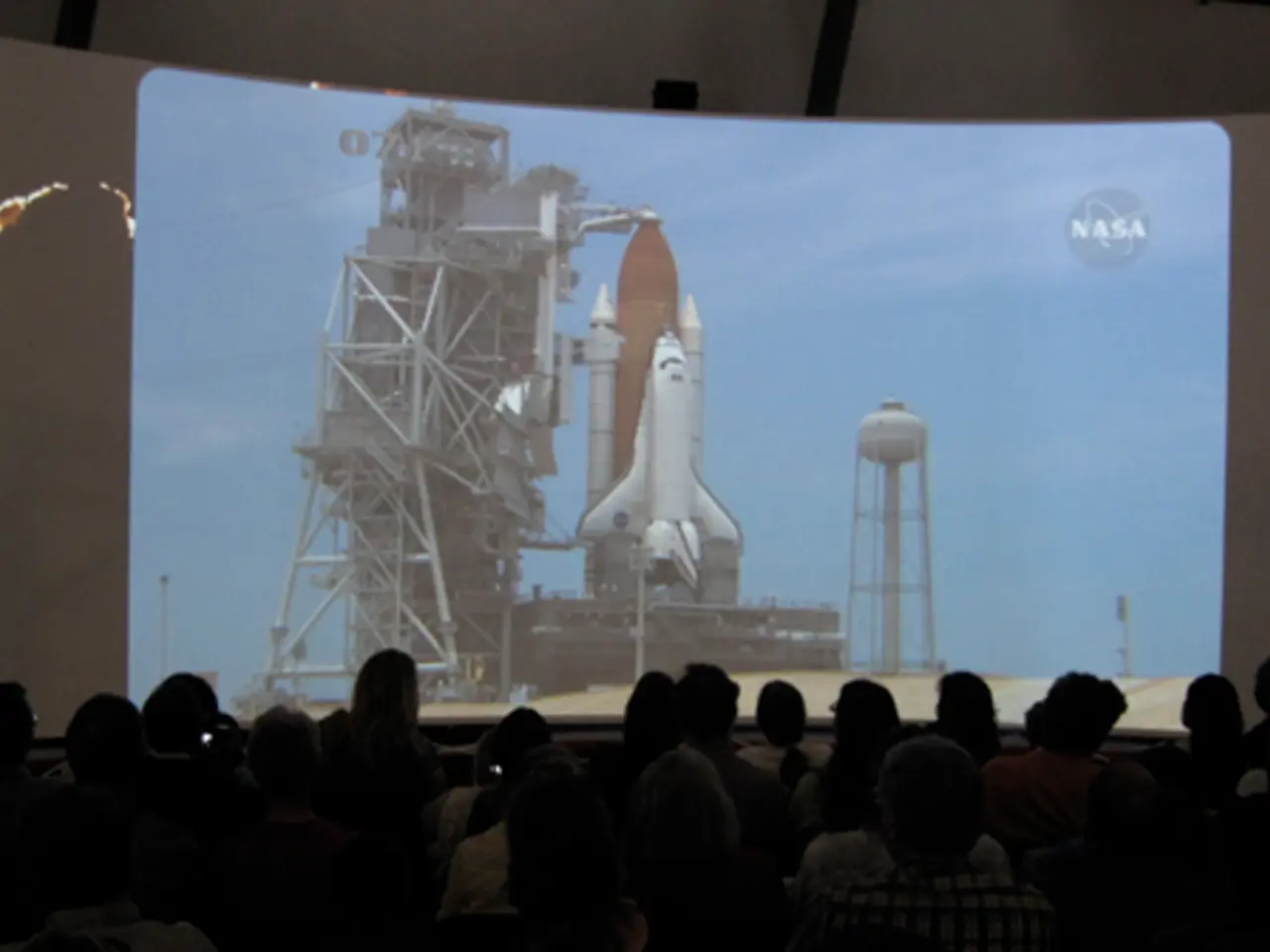SpaceX Secures FAA Agreement for Doubling Falcon 9 Launches from Florida Site
SpaceX has been given the green light by the Federal Aviation Administration (FAA) to expand its launch operations out of Cape Canaveral Space Force Station in Florida. This decision paves the way for the company to potentially conduct up to 120 Falcon 9 missions per year, a significant increase from the current 50.
The FAA's approval includes authorization for the construction of a new on-site landing zone capable of hosting up to 34 booster landings annually. This dedicated landing zone is expected to streamline turnaround times by reducing reliance on drone ship recoveries at sea.
The new landing zone is essential for SpaceX's rapid reuse strategy, as it allows for up to 34 booster landings annually. This strategy involves recovering, refurbishing, and reusing Falcon 9 first stages, helping keep launch costs low.
However, the expansion is not without conditions. SpaceX must take additional measures to protect Florida's coastal ecosystem. This includes acquiring extra environmental permits and using lighting that will not disturb nesting sea turtles. Regulators concluded that the risk of this water discharging into nearby bodies is minimal.
SpaceX must also conduct surveys to safeguard species like the Florida scrub-jay and eastern indigo snake as part of the conditions. The U.S. Department of the Air Force must also sign off on the expansion since Cape Canaveral Space Force Station is under military jurisdiction.
The expansion will help manage SpaceX's packed launch schedule, including commercial satellite operators, U.S. defense missions, and SpaceX's own Starlink satellites. The FAA's decision is based on a "Mitigated Finding of No Significant Impact," meaning the proposed activities would not cause major harm to the environment.
This approval is significant for SpaceX's plans to significantly increase its launch operations out of Florida. The company is known for its ambitious goals, and this expansion is a testament to its commitment to pushing the boundaries of space travel.
The launch pad's deluge system, which floods the pad with massive amounts of water during liftoff, was assessed for concerns around industrial wastewater. The FAA requires SpaceX to implement safety measures, conduct environmental assessments, limit noise levels, ensure airspace management, and comply with local zoning regulations to approve the construction of the landing zone.
In conclusion, SpaceX's expansion at Cape Canaveral Space Force Station is a step forward in the company's mission to make space travel more accessible and cost-effective. With the FAA's approval, SpaceX can now move forward with its plans, subject to the conditions outlined, to significantly increase its launch operations in Florida.








